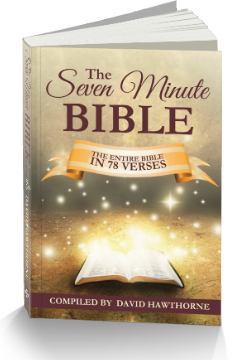The Book of Esther comes to us in two versions. There is the Hebrew Masoretic Text and the Greek Septuagint. The Greek is a bit longer as it has additions to the text, mostly in the form of prayers from Mordecai and Esther (as well as Mordecai’s prophetic dream in the first chapter and his remembering it in the last).
For centuries, the Jews debated whether Esther was even inspired Scripture because in the Hebrew version there are no explicit references to God. The Greek additions seem to be a conscious corrective to that lack.
I like having both versions in front of me. The Hebrew version shows us life as we often experience it: God is not obvious in the day-to-day events of our lives and He often seems absent in the great social and political spheres of macro-events. But we are called to be faithful in the midst of it all.
The Greek version shows us things as they really are: God is explicit in our lives and our spirituality should be overt. God’s providential hand is involved not only in the micro-experience of our daily living but in the great macro-events of our world.
Taking both the Hebrew and the Greek versions of Esther together we can trust that even if God seems hidden as in the Masoretic Text, yet we can trust that He is present as in the Septuagint.




Leave a Reply